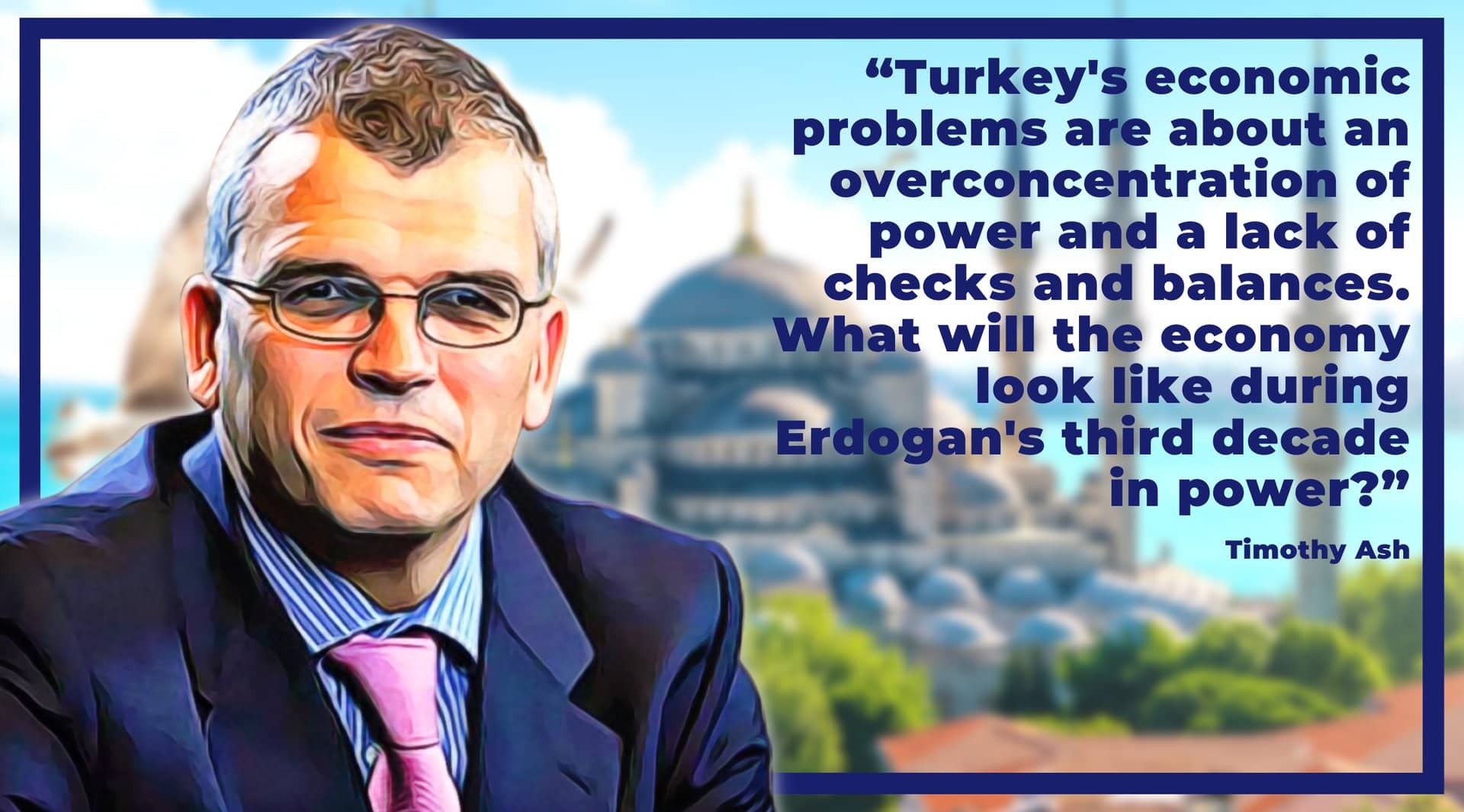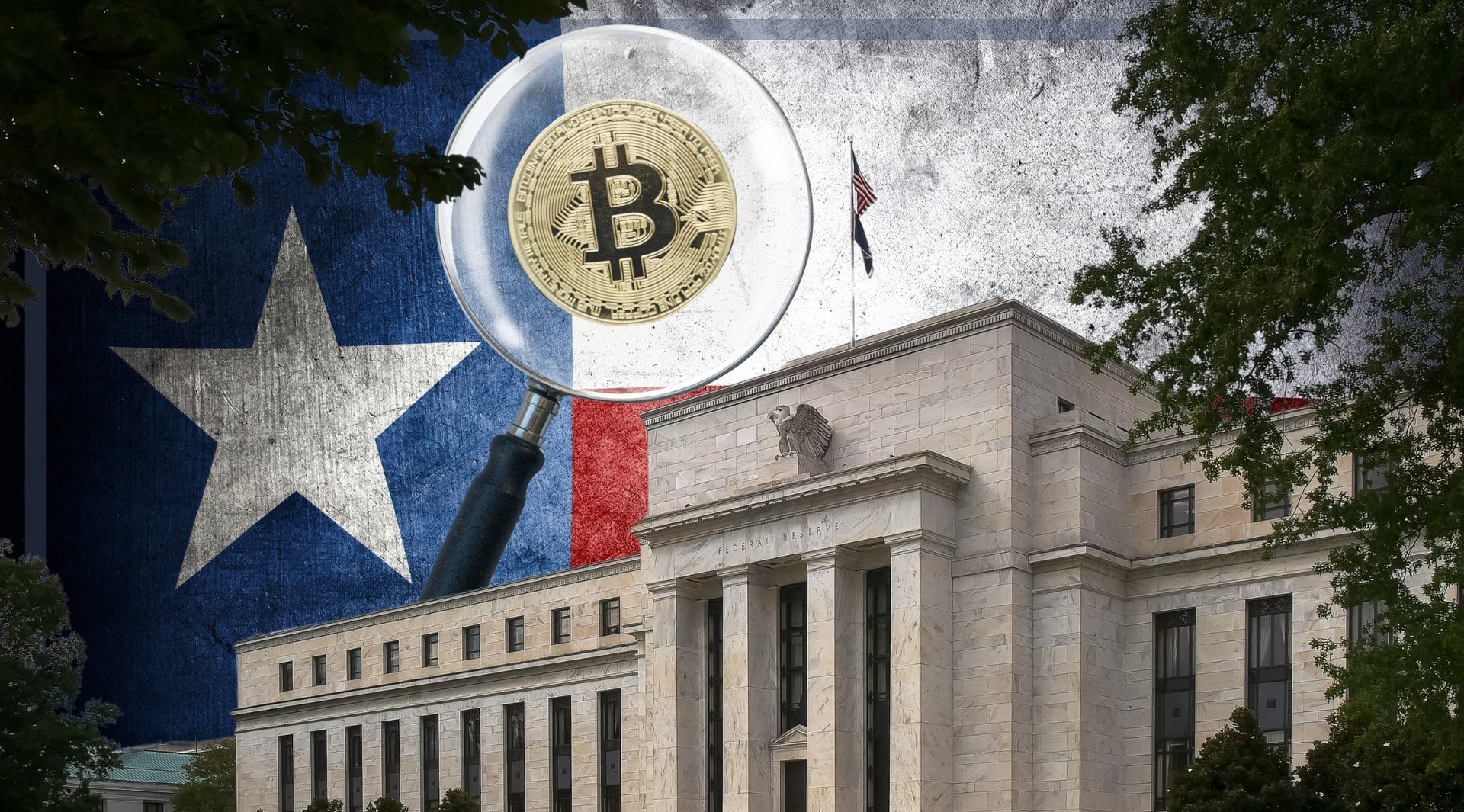Turks are currently going to the polls for the second round of the presidential election. The incumbent, Recep Tayyip Erdogan of the Justice and Development Party (AKP), is facing stiff competition from opposition leader Kemal Kilicdaroglu. Despite the strong performance of Kilicdaroglu – an election poll had the two candidates “statistically tied” heading into election day – Erdogan is widely expected to secure another term in office after more than twenty years in power.
The elections come at a time when the Turkish economy is under severe strain. Inflation is currently running at about 44%. The lira is trading near record lows against the US Dollar. The Turkish Central Bank is burning through its foreign currency reserves, which have dwindled by $25 billion in the last two months alone. Timothy Ash, an Economist that has covered Turkey throughout Erdogan’s time in power, spoke to Disruption Banking about what the future could hold for Turkey’s finances.
Turkey’s Central Bank burned $25bn in the last two months pic.twitter.com/MB0cjlbCD9
— Ragıp Soylu (@ragipsoylu) May 25, 2023
Erdogan is now known for his unorthodox economic views – most notoriously, his idea that the route to lowering inflation is lowering interest rates. But Ash said that this has not always been the case. “It’s very easy to criticise Erdogan, but in his first decade in power, the AKP included a broad coalition of people that delivered high growth, low inflation, investment grade ratings, and huge improvements in terms of infrastructure,” he argued. “Poverty was reduced, living standards went higher.” At one point Erdogan was the darling of Western liberals.
This all began to change during his second decade of power. As Erdogan went about concentrating most crucial powers in the hands of the presidency, a position he established in 2014 through a popular vote. The executive became even more powerful after he survived an attempted coup in 2016. This meant that Erdogan began to be freed from many of the restraints that had previously held him back – Turkey’s system of parliamentary democracy, its independent central bank, and its free press were all weakened. His true beliefs on issues such as monetary policy began to shine through more strongly.
“His second decade in power has been about higher and higher inflation, and deteriorating credit worthiness,” Ash told Disruption Banking. “I think it’s about an overconcentration of power and a lack of checks and balances. His strange views of interest rates certainly haven’t helped.”
“Turkey had free elections, but it's partially fair. Turkey switched to this ‘Turkish-style’ presidential system in 2018, which means there are almost no checks and balances.”
— The Geneva Summit for Human Rights and Democracy (@GenevaSummit) May 19, 2023
– @nevsinmengu, Turkish journalist dropped from CNN Türk after she criticized President Erdogan pic.twitter.com/s5R6paY8De
“Talking to people in the know, they always say that Erdogan’s views haven’t changed. He’s always had those views on interest rates. But people used to be able to moderate his views and he didn’t always have total control over the AKP,” Ash added. But as Turkey’s economic success increased, he became more dominant and fewer people were willing to say no to things when he was obviously wrong – on things like monetary policy.
“It’s a tale of two decades really. The question is, what will the economy look like during Erdogan’s third decade in power?”
With markets appearing to expect an Erdogan victory, there are troubling signs of what the future might hold. Turkey’s sovereign dollar bonds and equities have both depreciated, with the cost of insuring exposure to Turkish debt also going up. But perhaps the most crucial issue for Erdogan to confront, if he is re-elected, will be the weakness of the Turkish lira. The weakening value of the lira is a particular problem for Turkey as it has a widening foreign trade deficit. A greater reliance on imports when the currency is depreciating is feeding higher inflation.
Worst EM currency outlook to year end?
— Timothy Ash (@tashecon) May 22, 2023
Ash believes the lira’s problems could be solved quite easily – if Erdogan was prepared to accept the necessity of hiking interest rates. “It’s a classic balance of payments crisis,” he said. “Essentially there’s more demand for dollars than supply and a big current account deficit.”
“The options are fairly straightforward. Either you devalue the currency, hike interest rates, or tighten fiscal policy to reduce domestic demand and import demand, or you impose capital controls. Or you go the IMF, Russians, or Gulf guys to help intervene and help you increase your supply of dollars and provide liquidity to the market. That’s really it – it’s not rocket science,” Ash said.
Some of the options have perhaps been closed off. The Russians and Gulf allies will be reluctant to offer more money to Turkey, especially if Erdogan stays on his current unorthodox course which will only make the problem worse. Soft capital controls are possible, but anything more stringent is unlikely. Ash suspects that, ultimately, Erdogan may be forced to accept the inevitably of raising interest rates.
“Interest rates and inflation — they are directly correlated.”
— Becky Anderson (@BeckyCNN) May 19, 2023
When asked about his unorthodox economic policies — Erdogan doubled down on his ‘thesis’ that interest rates and inflation are directly correlated. (3/11) pic.twitter.com/slrPyBJIGO
“Maybe after the election he’ll hire somebody at the central bank to create a positive market momentum and may allow them to do something on interest rates eventually,” he said. “The question is: how much damage is done first? How much weaker will the currency become? How much faster will inflation rise?”
These kinds of questions are currently being asked by traders in the five-year credit default swap market, which Ash believes is a more accurate gauge of perceived risk in Turkish markets. “If the lira floated freely, higher risk perceptions would be reflected in a weaker spot for the lira, but it’s very managed so it doesn’t really reflect the market very well. Forwards do reflect conditions better, but foreigners don’t really want to trade local market Turkey. So, one way they trade it is through credit,” Ash explained. The yields on such products are increasing for the simple reason that the Turkish market is seen as increasingly risky.
Lira is managed so not a great indicator of risk perceptions around Turkey. 5Y CDS might be. pic.twitter.com/S9fDABu3Hl
— Timothy Ash (@tashecon) May 22, 2023
One of the great paradoxes of the Erdogan case is that, fundamentally, he is a pro-business leader. In Ash’s words, “this isn’t Chavez in Venezuela. Public finances have been managed very well over the last decade. They don’t like high taxes. They don’t particularly like overregulation. Erdogan is almost a Thatcherite in some ways. Many of the problems just come down to interest rates.”
Turkey’s problems could be solved almost immediately if Erdogan reassessed his views on inflation and interest rates which “are just simply wrong.”
“The problems are not that deep,” Ash said. “The core problem is interest rate policy.”
“If you had a decent central bank with independence, the market would trust Turkey and I think money would come back in quite quickly.”
Author: Harry Clynch















